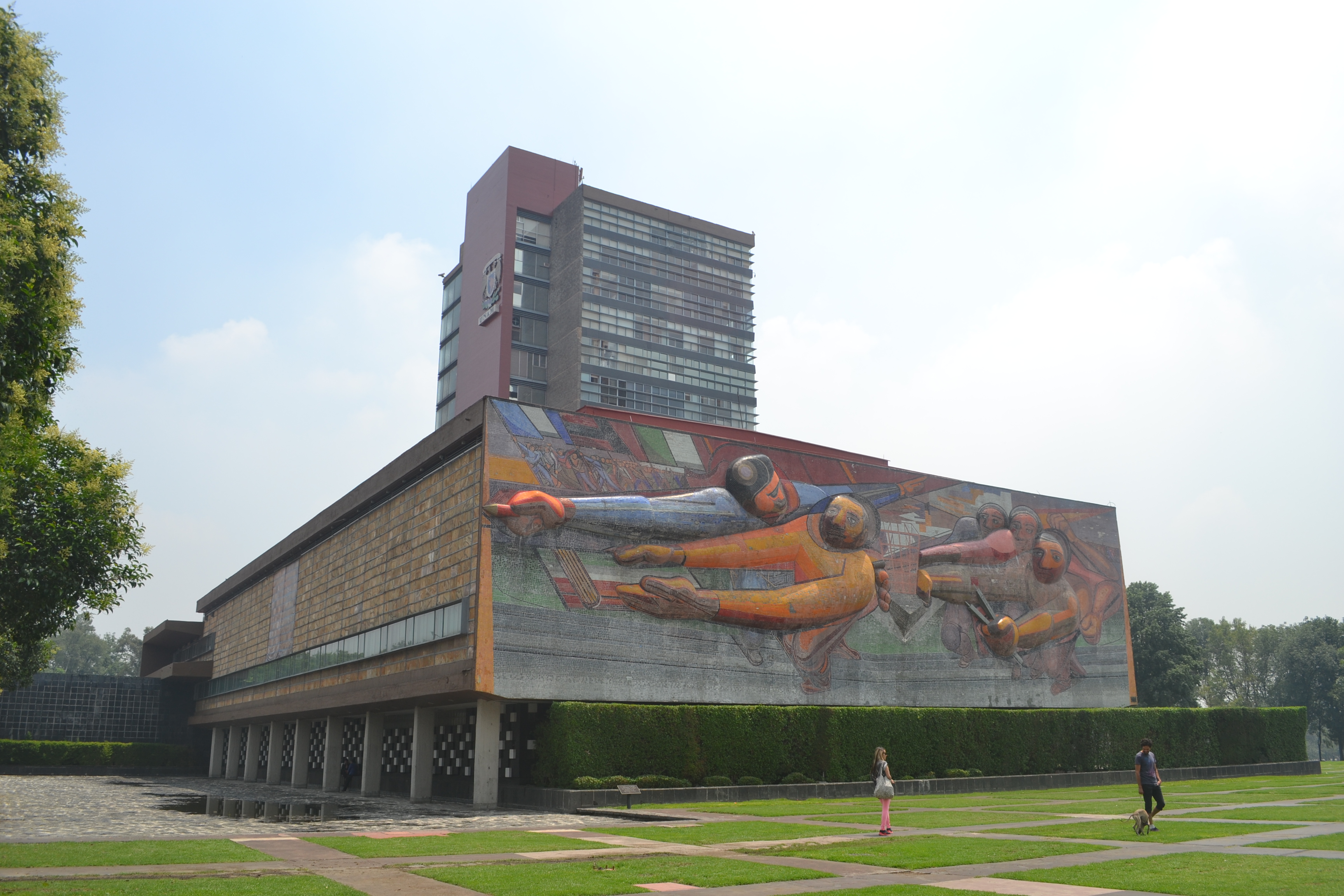Crowdsourcing Knowledge
A new academic year involves new and revised syllabi, and leading up to the fall semester, many scholars post on social media asking for reading assignment recommendations. In my network, and likely yours as well, these posts tend to gather incredibly interesting threads, particularly as course topics and themes are interpreted in different ways by respondents with different disciplinary backgrounds. In the past few years, some of these conversations—typically limited to social media exchanges between friends—have become more public. As a reaction to systemic racism and other forms of discrimination and exclusion in the United States, and the violence they have incited, communities of humanities scholars have been producing crowdsourced, collectively built syllabi and reading lists. These documents use knowledge as a form of action by producing collective scholarship on the histories and contemporary nuances that contextualize current and recent events (such as those in Ferguson, North Dakota, Orlando, and Charleston, among others).
in Art Journal Open

David Alfaro Siqueiros, Del Pueblo a la Universidad, la Universidad al Pueblo (From the People to the University, the University to the People), 1952, mural at Universidad Nacional Autónoma de México. Photograph by Ana María León.